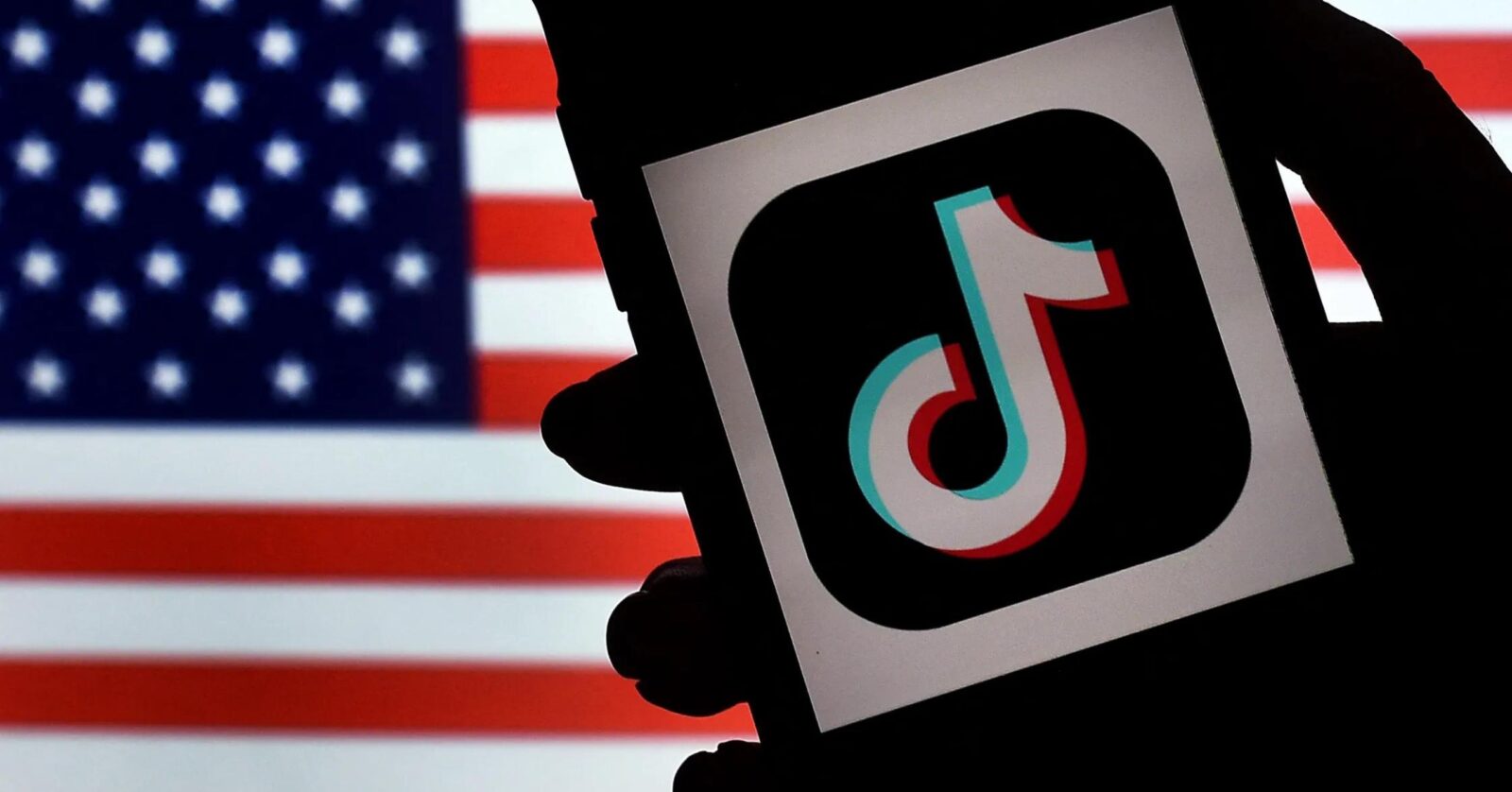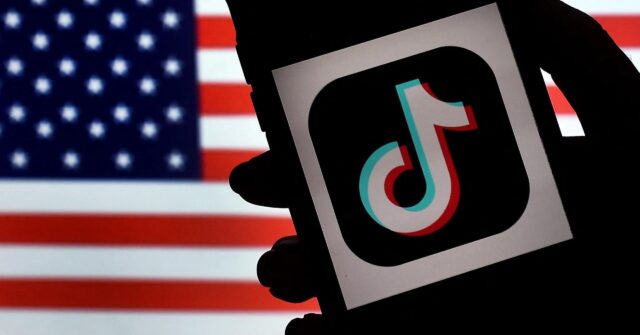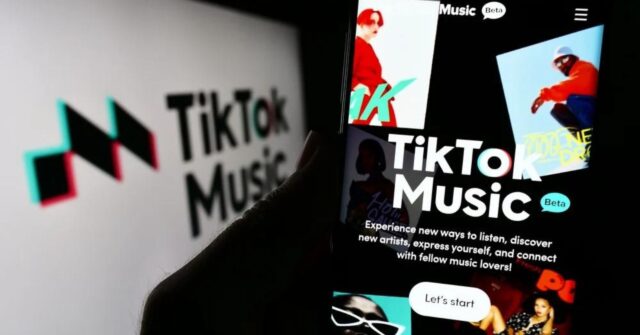TikTok Faces Potential Shutdown In The United States This January
Amidst the uncertainty of the platform’s shutdown, the United States’ President-elect Donald Trump has requested a delay to the case in order to pursue a “political resolution.”

Courtesy of Olivier Douilery/AFP for Getty Images
Courtesy of Olivier Douilery/AFP for Getty Images
The clock is ticking for TikTok –– as the U.S. Supreme Court prepares to weigh in on a landmark case that pits free speech rights against national security concerns. Today, January 10 (Friday), justices will hear arguments that could determine whether the wildly popular platform that is used by half of all Americans should continue to thrive or face a possible shutdown come January 19, 2025.
At the center of the debate is a law mandating TikTok’s divestiture from its Chinese parent company, ByteDance. If upheld, the law could force TikTok off app stores nationwide, leaving its 170 million U.S. users in limbo. “Absent such relief, the Act will take effect on January 19, 2025,” TikTok stated in a recent legal filing –– warning that the move would silence one of the nation’s most dynamic speech platforms on the cusp of a presidential inauguration.
Adding a twist to the case, the United States’ President-elect Donald Trump has requested a delay to pursue a “political resolution.” Trump’s legal team, in a strikingly campaign-style brief, argued he has the dealmaking skills to resolve the issue while safeguarding national security. Notably, Trump has shifted from his earlier stance supporting a ban and is calling for a pause instead of immediate enforcement.
TikTok and ByteDance, joined by creators and users, contend the law violates First Amendment protections, describing it as a dramatic overreach. “Rarely, if ever, has the court confronted a free-speech case with such sweeping implications,” their legal team emphasized. For content creators, the stakes are personal—many rely on TikTok as their primary livelihood.
The case underscores the court’s limited familiarity with emerging digital platforms, an issue it has grappled with in past decisions on internet and tech regulation. The Biden administration, meanwhile, argues the app itself poses a significant security risk, citing potential Chinese government influence over data or content. However, TikTok has countered that the government lacks evidence of any misuse to date.
The high-stakes showdown will feature arguments from legal heavyweights, including Biden’s Solicitor General Elizabeth Prelogar, TikTok’s counsel and former Trump administration Solicitor General Noel Francisco, and Stanford Law professor Jeffrey Fisher, representing users.
TikTok’s potential exit from the United States could reshape the social media landscape –– but several escape routes remain. Legal experts note that Trump could issue a 90-day delay or direct the Justice Department to limit enforcement. Such moves could offer TikTok a lifeline while negotiations unfold. Interestingly, Trump himself has a significant TikTok presence, boasting 14.7 million followers and using the platform to engage with younger demographics.
In December, the President-elect met TikTok CEO Shou Zi Chew at Mar-a-Lago, signaling a potential softening of his stance. However, even if the law takes effect, the app won’t vanish overnight. Users would lose access to updates, and new downloads would be blocked. Still, a shutdown — even one that is temporary — could decimate the platform’s U.S. user base, cutting daily engagement by one-third and slashing ad revenue.
A ruling is expected within days of arguments, with the court likely deciding on the level of scrutiny to apply. TikTok and its allies urge the justices to employ strict scrutiny, a high bar that laws restricting speech rarely overcome. However, the administration cites historical precedents, like limits on foreign ownership in media, to justify the measure.
For now, all eyes are on the court as creators, users, and tech industry leaders brace for a decision that could redefine the future of digital platforms in America.


